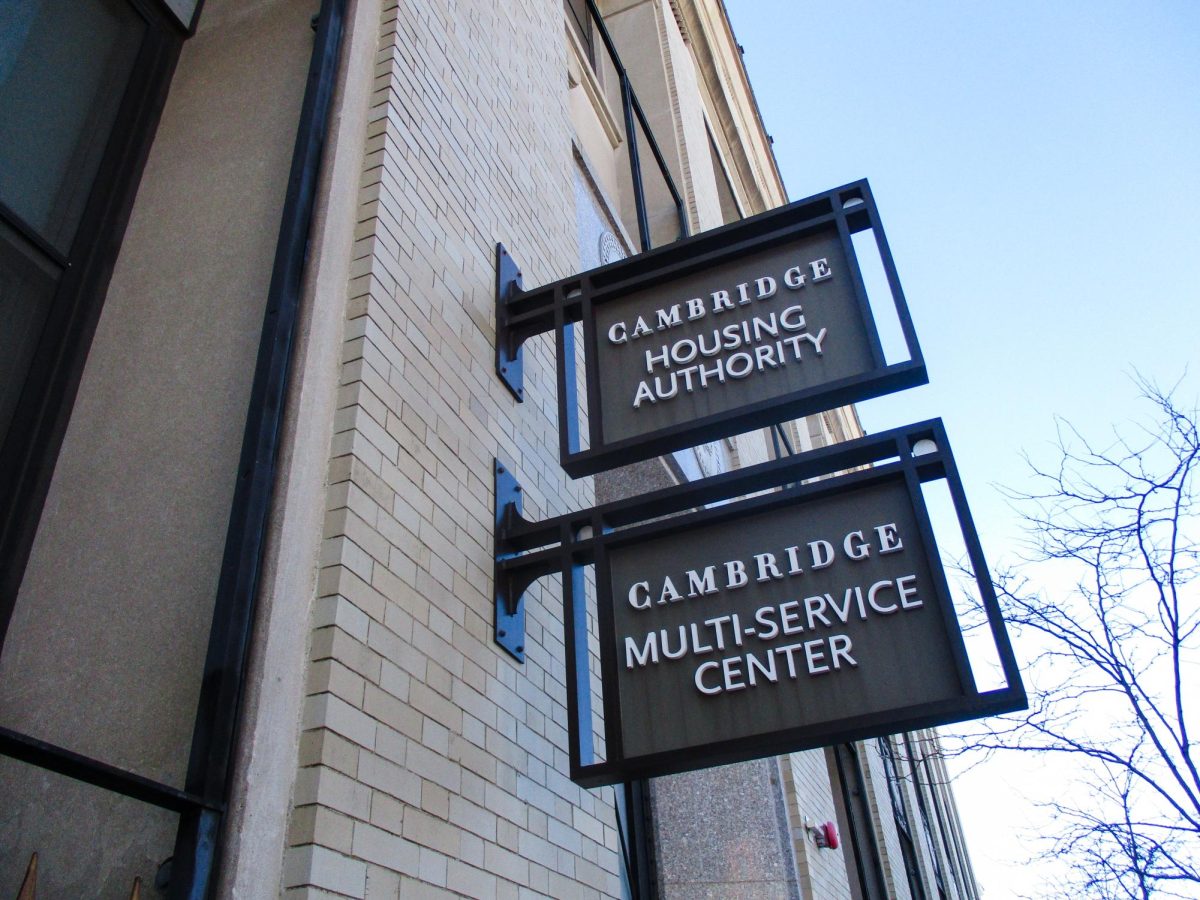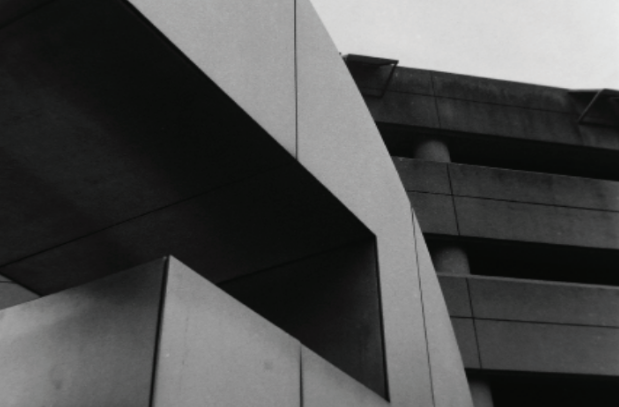
Few high schools can boast of a student newspaper with history going back more than a century—let alone 130+ years. In fact, few professional newspapers have been around for this long. The Register Forum, previously called the Rindge Register, and before that, the Cambridge Manual Training School (C.M.T.S), has been publishing student work since the 1890s. It has lasted through the Great Depression, two world wars, groundbreaking cultural movements, and the turn of the millennium into the digital age. In a fascinating time capsule that reflects the history of our school and of the world in general, the newspaper has detailed events that may have otherwise been lost to history. Join me, dear reader, on a journey through the decades, starting 134 years ago in a humble, recently constructed, all-boys school by the name of Cambridge Manual Training School.
‘LETTER FROM MARS’
Issue No. 1, Volume 1 of the C.M.T.S. Register was published on February 1st, 1892, the same year Grover Cleveland was elected president. The motto under the title reads, “To a Nobler Life rise Higher.”
The first piece in the paper, ironically, was not actually about the school, nor about anything occurring in 1892. It was a short work of fiction entitled “Letter From Mars,” set in 1983, detailing an imagined space-traveler’s letter to his friend after he journeys to a Mars colony. The science is, of course, speculative, but you have to hand it to the author, E.R. Fairchild, for his creativity. “The ship was built almost entirely of aluminium, and intended to go at a great speed; the motive-power being thermo-electricity, derived directly from the sun’s heat. Water is made electrically from gas carried in reservoirs, as is also the air for breathing.” The rest of the issue contains descriptions of new classes (“DRUM CORPS”), sporting events (The Polo Team), advertisements (groceries, hardware, and “men’s furnishings,”) as well as a couple editorials that outline the structure and guidelines of the new paper. “The C.M.T.S. Register is published twice a month at the Cambridge Manual Training School, and is devoted to the interests of the pupils. Price: 5 cents.”
The paper would run smoothly throughout the next decade, relying on funding from subscriptions, ads, and C.M.T.S. alumni. Among the most popular types of pieces were updates on classes, teachers, athletics, and a column called ‘school notes,’ which lasted well into the 20th century. The ‘school notes’ were seemingly a kind of humorous gossip-column made up of entries from various students—many of which appear to be incomprehensible inside jokes. “Hudson, why didn’t you catch it?” one from around 1900 reads. “Hagar knows how to make chairs walk down stairs,” reads another.
‘IF IT HAPPENED AT RINDGE, YOU’LL SEE IT IN THE REGISTER’
By 1920, the paper had had some interesting developments. The school had been renamed to the ‘Rindge Technical School,’ and the newspaper had followed suit, picking up the slightly cooler-sounding name, ‘Rindge Register.’ Due to some gaps in the archives, we don’t know exactly when this happened, but the 1920 edition gives us a good hint with the phrase ‘Reorganized 1915.’ The paper’s publication schedule also changed from bi-monthy to monthly. An article from a paper in 1920 describes just how efficient the Register had become: “Fortunately, about a year ago the City of Cambridge presented Rindge with a Linotype machine and a rotary cylinder press. These are two of the machines that have helped to revolutionize the printing industry […] The direct result of these two machines is that everything that has happened up until within twelve hours of the printing of the Rindge Register is contained in it.” That’s more up-to-date reporting than this newspaper has now, 105 years later, with instant publication available via the internet. This era of the Register also saw the introduction of student-drawn cartoons—some of which were clearly a product of their time to say the least.
SPORTS, SPIRIT, AND WAR
By the 1930s, it was clear that the Rindge Register had become a schoolwide phenomenon. The ‘School Notes’ section had been divided into ‘Senior Class Notes,’ ‘Junior Class Notes,’ and so on; the list of strange little quips, observations, or jokes often being pages long. Sports, particularly football, basketball, and hockey, had completely taken over the paper, with games against neighboring towns like Newton and Somerville being hot subjects. The issues often included descriptions and updates on extracurriculars like Chess Club, Camera Club, or notably, the theater department. “Just before the last vacation there was enacted in the auditorium a scene of horror and amazement. Miss Rogers’ second and sixth period English classes acted the fearful spectacle of the banquet scene from Macbeth. The boys did very well, and Miss Rogers was very much satisfied with their performance,” reads an editorial titled “The Play’s The Thing.” A later piece proclaims the annual senior drama “one of the greatest dramas ever played by any high school around greater Boston.”
This all might seem fairly ordinary–but that’s exactly what makes this period of the Rindge Register strange to read. If one read the articles with no context, there would be little to no indication that the US economy was in the worst slump it had ever experienced, or that the world was on the verge of the deadliest war in human history. One 1932 issue contains actual German propaganda (from American Boy Magazine), offering RTS students the chance to join a lottery that will send them on a paid trip around Germany: “Three weeks in Germany and 16 glorious days on an ocean liner! That’s the memorable prize, with every expense paid from New York City and back to it, that will go to an American Boy reader this summer!” The winner of the lottery would be the person able to write the best essay on the subject ‘Why I want to spend my vacation in Germany.’ The next 50 winners would receive a book titled Young Germany that “will give you a vivid picture of Germany today, and the generation that will soon govern it.” The generation that would soon govern Germany were the Nazis. (Disquietingly, there’s another one of these advertisements in an earlier issue—for Japan). The fact that this managed to slip into the paper is a reflection of how little awareness there must have been for the impending catastrophe. When we look back at the 1930s, it might seem obvious that fascism or global war was just around the corner—but for people living then, still concerned with sports and student elections, it might have seemed like a distant, pessimistic worry.
Even during World War II, there were surprisingly few publications that had to do with the global conflict, or how it was impacting Cambridge and its residents. The issues from the 1940s were nearly indistinguishable from those of the late 1920s or 1930s—save for a couple ads for war loans and stories about students or alumni in the army. The lack of war-related content is surprising. In the entirety of the issues published in the 1943-1944 school year, there are only two mentions of the name ‘Hitler.’ Some hypotheses of why this might have been the case include a lack of information or a desire to stay focused on local events— but we don’t know for sure.
This article also appears in our March 2025 print edition.













